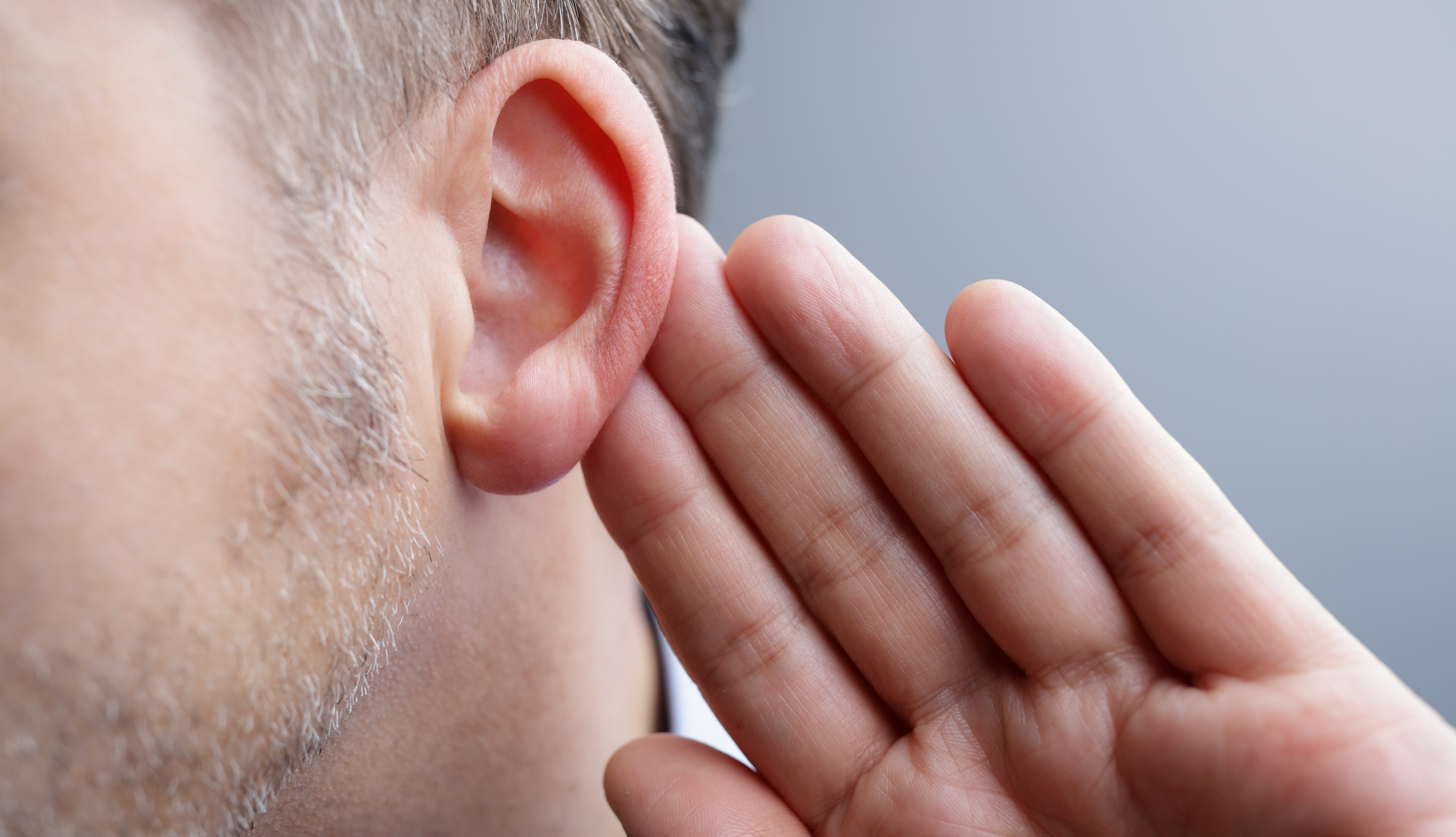![]()
My preferred way of communication is by text. Email, instant message, a post-it note left on my desk. A phone call or a voicemail is never going to get my attention, no matter what. You might be thinking “geez, another millennial lecture.” Nope, not this time.
While phone aversion is a defining characteristic trait for a millennial – and I’ve certainly been accused of avoiding calls precisely for that – my aversion is actually due to a congenital hearing disability. I wear hearing aids and do have additional assistive technologies, like a t-coil hearing loop to use instead of headphones.
Forbes had an article the other week that discussed how talking about hearing loss at work is becoming easier. According to the article, there’s 30 million American adults who could benefit from hearing aids. It’s important to note that these 30 million Americans are more than those who are over 50. In fact, more doctors are reporting noise-induced hearing loss in younger Americans, incurred by concert attendance, military service, and use of earbuds or headphones, among others.
Since there are more Americans than ever with hearing loss, I thought I’d share some tips on hearing loss in the workplace.
One size does not fit all.
Hearing loss and hearing disabilities come in all sorts of sizes and shapes. It also affects everyone differently. Some people can hear only low tones, and others may only be able to hear high tones. Some people have “spatial” hearing, which means they can hear and decipher speech or sound from background noise. Others can only hear when the speaker is directly in front of them. The way you cope with your relative’s hearing loss may not be the way to address your colleague’s hearing loss.
Don’t cover or hide your mouth when speaking.
People with hearing disabilities and hearing loss use visual clues to augment what they can or can’t hear. These visual clues can be lip-reading, sign language, facial expressions, and body language. Lip-reading and facial expressions are especially important as they each provide a lot of context to what is being spoken. Simple commonplace activities such as leaning into your hand, speaking into your coffee mug or your monitor, or turning away from your listener really make it harder to understand what is being said.
Hearing loss and disability is about more than volume.
Being able to hear, volume-wise, is a big part of hearing loss and hearing disability. But it’s also about understanding and clarity. Just because you’re loud doesn’t mean your listener knows what you’re saying or that you’re even speaking to him/her, especially if you work in an office with an open floorplan or cubicles. Make sure you get your listener’s attention first before you start speaking to them.
Be willing to adjust your communication mode.
Even with the latest advances in communication technology, phone calls and voicemails are still the de facto method in the workplace. Don’t assume that coworkers with hearing loss or hearing disabilities are able to use or hear on the phone because they have hearing aids or other assistive technologies. For example, I’m on a project now that has weekly conference calls. My self-esteem and self-confidence plummets to very low places on these days because of the challenges I have being able to understand what is being said.
Be a hearing buddy.
It’s guaranteed that there will just be some sounds that a coworker with hearing loss or a hearing disability can’t hear. If you work around or closely with someone who has a known hearing loss or disability, be a hearing buddy. If there are announcements made over the P.A. system, follow up with that coworker so he/she knows what was said. If there’s a fire alarm or other alarm going off, make sure that coworker knows what’s going on.
According to a report by Gallaudet University in 2005, there were roughly 5,000 employees in the federal government who identified as deaf or hard of hearing. Since that data is 12 years old, I know the number of federal employees identifying with a hearing disability has only grown. Hopefully these tips provide a little bit of insight to make it easier to communicate with colleagues who have a hearing disability or hearing loss. For those of you who also have a hearing loss or a hearing disability, what other tips or advice do you have?
Meganne Lemon is part of the GovLoop Featured Blogger program, where we feature blog posts by government voices from all across the country (and world!). To see more Featured Blogger posts, click here.





Leave a Reply
You must be logged in to post a comment.